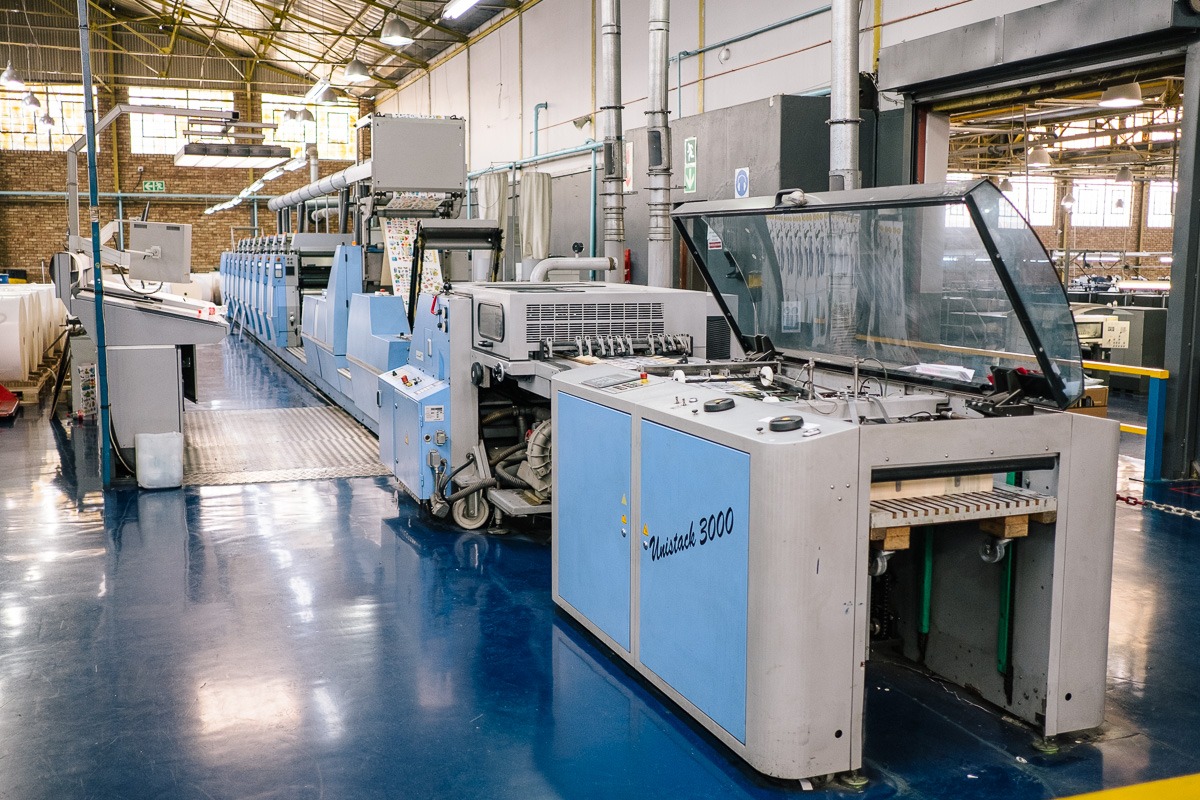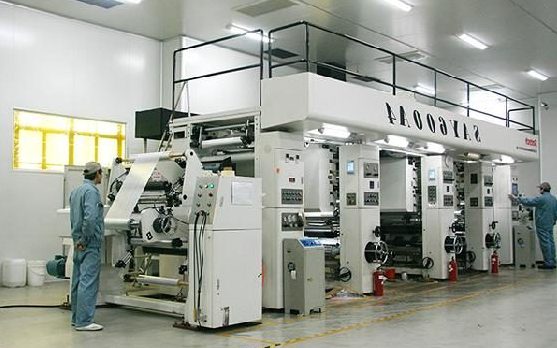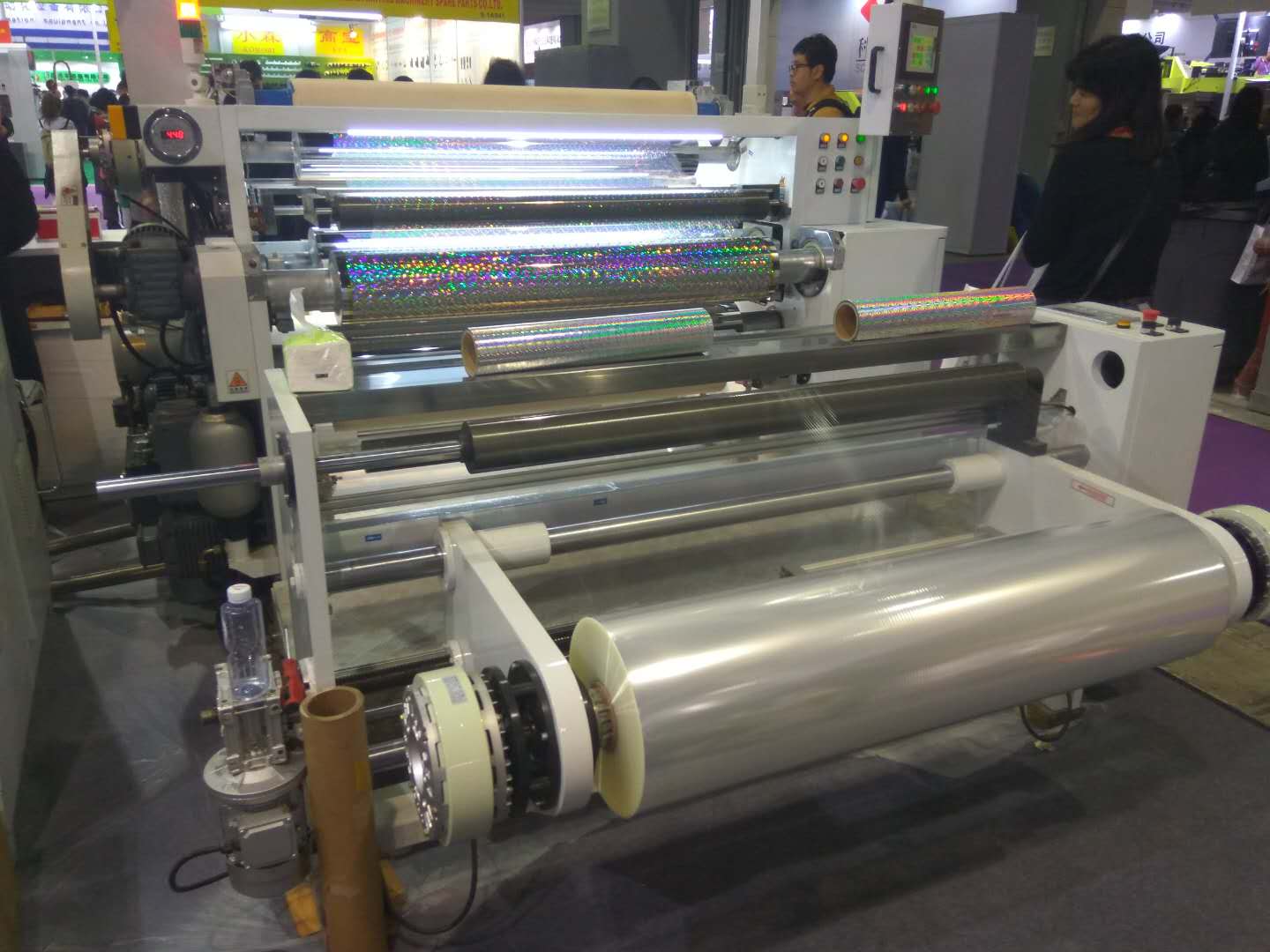In today’s rapidly evolving global market, the threat of counterfeit products poses significant challenges for businesses and consumers alike. To combat this growing concern, many companies are turning to innovative solutions such as blockchain in anti-counterfeit packaging. This powerful technology not only enhances product security but also fosters trust and transparency in the supply chain.

Understanding Blockchain Technology
Before delving into its applications in packaging, it’s essential to understand what blockchain is. At its core, blockchain is a decentralized and distributed ledger technology that records transactions across many computers. This ensures that the recorded entries cannot be altered retroactively, providing a high degree of security and transparency.
Why Use Blockchain in Packaging?
The integration of blockchain in packaging offers numerous benefits. It provides an immutable record of a product’s journey from the manufacturer to the consumer, ensuring authenticity and reducing the risk of tampering. This transparency is crucial for industries where product integrity is paramount, such as pharmaceuticals and luxury goods.
Enhancing Product Security
Counterfeit goods are a pervasive problem, contributing billions of dollars in losses annually. By utilizing blockchain technology, companies can implement robust security measures that make it significantly more challenging for counterfeiters to duplicate products. Each item can be assigned a unique digital identity stored on the blockchain, which can be easily verified by consumers.
Building Consumer Trust
Consumers today are increasingly concerned about the origins and authenticity of the products they purchase. By providing a transparent and traceable history of a product’s journey, blockchain in anti-counterfeit packaging can significantly enhance consumer trust. Shoppers can easily verify the authenticity of a product by scanning a QR code or using a dedicated app.
Applications Across Industries
The use of blockchain in packaging is not limited to a single industry. Its applications span across various sectors, each benefiting uniquely from the technology’s security and transparency.
Pharmaceutical Industry
In the pharmaceutical sector, counterfeit drugs pose serious health risks. Implementing blockchain technology can ensure that medications are genuine and have been stored and transported under the right conditions. This is vital for maintaining drug efficacy and safety.
Luxury Goods and Fashion
Luxury brands are prime targets for counterfeiters due to their high value. By embedding blockchain technology into their packaging, these brands can protect their reputation and guarantee authenticity to their customers.
Food and Beverage
Food fraud is another significant concern, especially for organic and premium products. Blockchain can help trace the origin of food items, ensuring they meet the promised standards and certifications.
Challenges and Considerations
While the benefits are clear, the integration of blockchain in packaging comes with its set of challenges. These include the cost of implementation, the need for technological infrastructure, and the requirement for industry-wide standards and cooperation.
Cost of Implementation
Setting up a blockchain system can be expensive, especially for small businesses. However, as the technology matures and becomes more widespread, costs are expected to decrease.
Technological Infrastructure
To effectively use blockchain, companies need the necessary technological infrastructure, including hardware, software, and skilled personnel. This can be a barrier for some organizations, particularly in developing regions.
Industry Standards
For blockchain to be effective in anti-counterfeit measures, there needs to be a unified approach across industries. Developing and adhering to industry standards is crucial for the technology’s success.
The Future of Blockchain in Packaging
The future of blockchain in anti-counterfeit packaging is promising. As technology advances and becomes more accessible, its adoption is likely to increase, leading to more secure and transparent supply chains. Companies must stay ahead of the curve by embracing these innovations to protect their products and build consumer trust.
For more detailed insights, consider exploring anti-counterfeit printing for beginners and importance of anti-counterfeiting technologies.

FAQs
What is blockchain technology?
Blockchain is a decentralized digital ledger that records transactions across multiple computers, ensuring security and transparency.
How does blockchain prevent counterfeiting?
Blockchain prevents counterfeiting by providing an immutable and traceable record of each product’s journey, ensuring authenticity.
Which industries benefit most from blockchain in packaging?
Industries such as pharmaceuticals, luxury goods, and food and beverage benefit from enhanced security and transparency.
This article contains affiliate links. We may earn a commission at no extra cost to you.






